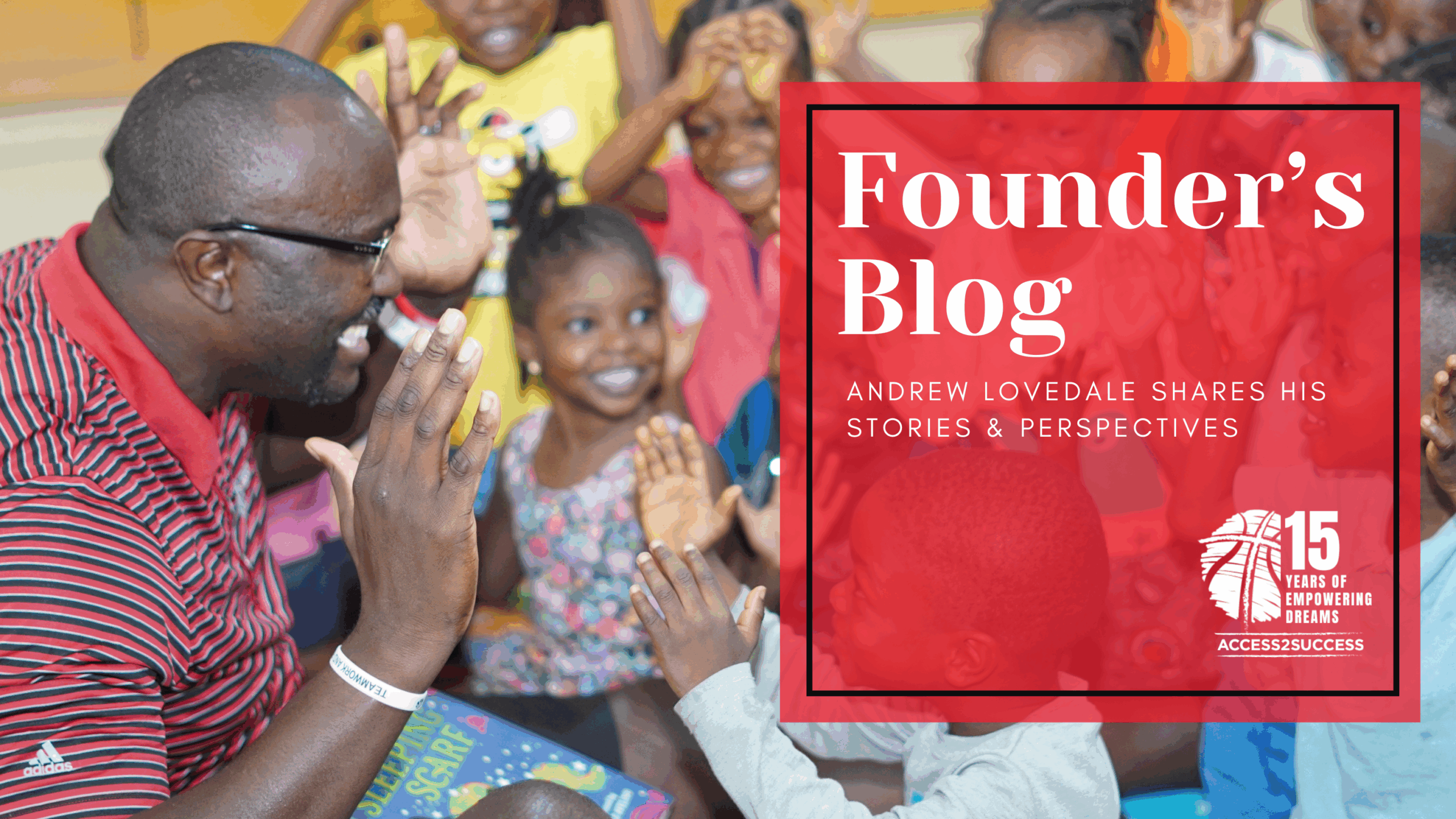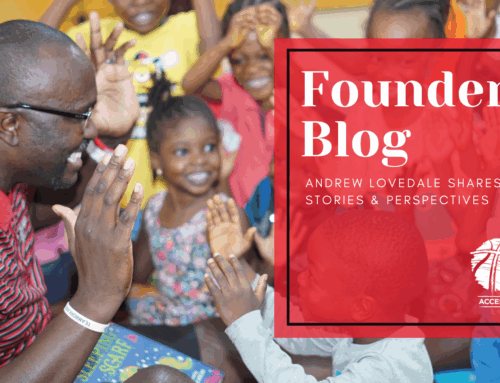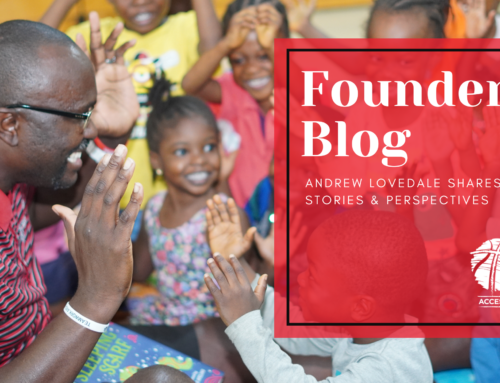“How are you doing?”
One of our students, Progress, died a few years ago. He was absent from writing his exams at the A2S Youth Center and so we followed up with his parents. He died because his parents wanted him to learn a vocation instead of attend school because it was a cheaper option. While doing so one day, he was hit by a car.
When I got the message two years ago, I was mute. Lost yet burdened. My chest felt heavy because one of my “assigned ones” was lost to a dream he will never see and a future that will always have a question mark. A family was plunged into the depths of sorrow all while trying to navigate a life lived on the edge.
Our staff and kids at the After School Academy cried. He was so loved by many, and Sister Thecla, our A2S National Director, and I tried to figure out how to help them navigate this loss. We held a candlelight service for him at the youth center where we celebrated his life and shared memories. There was a mix of laughter and tears and even his family realized how special Progress was to our entire community at A2S.
In the midst of this pain, you have to deal with the loss and those who share in the pain. You have less time to process your own grief and yet, you have to help others navigate theirs. The next step is not to retreat – your mind begins another never ending journey of how to make sure this does not happen again to another child. Another “Progress” halted – one that could have transformed communities.
 Leaders and workers in the nonprofit sector often deal with these types of tragedies and heartbreaks on an all too regular basis despite the assumption that our roles are more readily associated with strategic planning, leadership, program development & execution and more. People often forget the emotional toll that we undertake as we take on others’ pain and walk through the seasons of life with those who are in the midst of tremendous suffering.
Leaders and workers in the nonprofit sector often deal with these types of tragedies and heartbreaks on an all too regular basis despite the assumption that our roles are more readily associated with strategic planning, leadership, program development & execution and more. People often forget the emotional toll that we undertake as we take on others’ pain and walk through the seasons of life with those who are in the midst of tremendous suffering.
To be able to do this for many people and at all seasons, is only by God’s grace. The emotional investment in the lives and their stories (not just the work) is the true currency that every nonprofit leader gets to pay for a purposeful daily existence. You can go to some jobs where you work with people, empty your head and are fine. But if you work for people who live on the brink of life everyday, you cannot do so without emptying your heart.
Like every process, you convene with your team and discuss ways to ensure that one more child does not have to go through the same. You review your interventions and assess your constituents in a bid to educate all. And then you incessantly pray that this ordeal never happens again because this process is only how you honor Progress – his life and his name.
You breathe easy for a moment, feeling that hope is restored. Until…….there is a next time. And it is Irene. Your heart sinks once again. Another, lost all because the luxury of education seems too steep a price to pay when hunger and unsafe communities persist.

So maybe the most important question we can ask nonprofit leaders or workers is not about overhead vs. programming, numbers of lives being impacted, or what their annual budget is. Maybe the most pertinent question is, “how are you doing?” Because in that answer, you will find the value of their seed and the state of their hearts. The true impact of their work lies not in the numbers you seek but in the stories of the lives who have been transformed and also in the lives who have been lost. You cannot tell a story well if you have not lived it.
Every story matters. That of the listener, the storyteller, and the subject of the story.
I am thankful for each one of you that have ever asked the question, “how are you doing?”
I am thankful for each one of you who have ever supported our work at A2S.
In honor of Progress and Irene, our A2S After School Academy kids lost to the struggles of life, we love and miss you so much. Your friends and family miss you. Your life mattered. And your story still matters today.



























